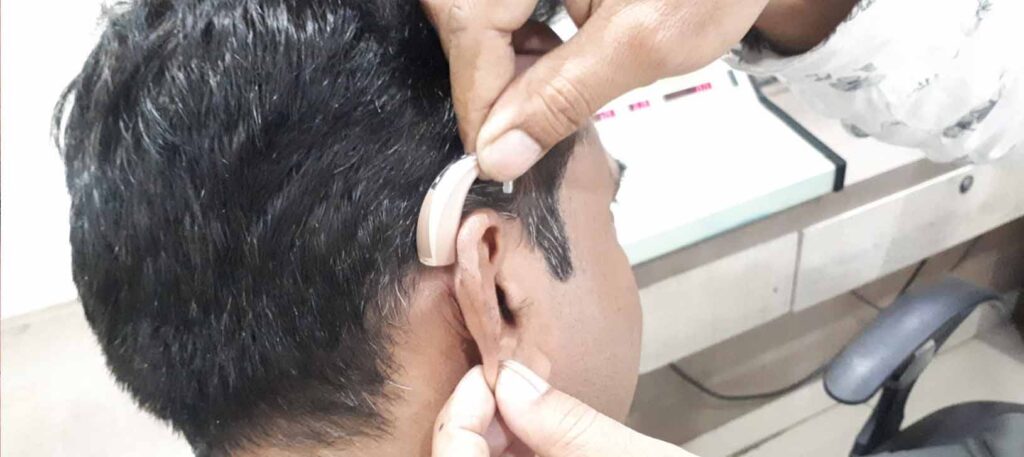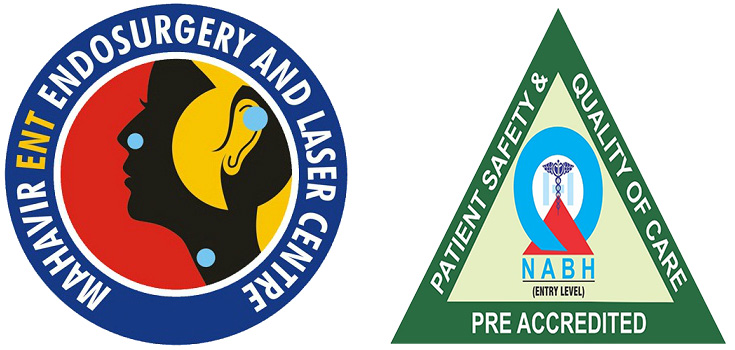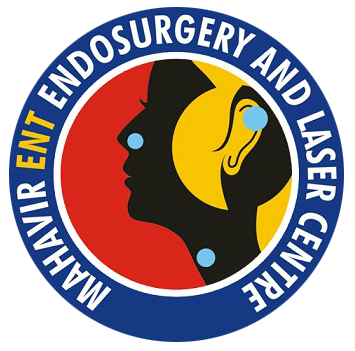Hearing loss
Services > Hearing loss
- Vertigo
- Ear Wax
- Ear Pain
- Ear Infections
- Ear Cholesteatoma
- Acoustic Neuroma
- Torn Ear Lobes
- Perforation In Ear
- Ototoxicity
- Otitis Media
- Mastoiditis
- Hearing loss
- Foreign bodies in the ear
- Rhinoplasty
- Breathing Problems
- Foreign bodies in nose
- Nasal Bone Fracture
- Nasal Septum
- Nasal Polyp>
- Nasal Deformity
- Nosal Allergy Clinic
- Nose Bleeding Treatment
- Sinus Treatment
- Chronic Sinusitis
- Adenoidectomy
- Voice Disorders
- Salivary gland problems
- Papillary Thyroid Carcinoma
- Oral and Throat problems
- Laryngeal Vocal Nodules
- Laryngeal Vocal Cord Palsy
- Foreign body in esophagus
- Foreign body in bronchus
- Difficulty in Swallowing
- Cancer of the Larynx
- Sleep Apnea
- Snoring Treatment
- Head & Neck Cancer
- Thyroid Cancer / Papillary Carcinoma

Hearing Loss
Hearing plays a major role in our quality of life, from our emotional well-being and physical health to our careers and leisure activities.
Yet millions of people who have hearing loss let it go untreated, despite research showing links between untreated hearing loss and increased risk of falls, depression, anxiety, hospitalizations and even dementia.
There are many different causes of hearing loss. It can be hereditary or just be a part of the aging process. It can be triggered by a blast of loud noise, infections, the effects of toxins or by injury. The good news: there are solutions to successfully correct most types of hearing loss. Learn about the most common risks and what you can do to prevent hearing loss.
CAUSES OF HEARING LOSS
- By Birth
- Excessive noise at work
- Volume controls on home electronics
- Loud tools and machinery
- Sharp foreign bodies into ear
If you have hearing problems, help is available. Treatment depends on the cause and severity of your hearing loss. Options include:
- Removing wax blockage: Earwax blockage is a reversible cause of hearing loss. Your doctor may remove earwax using suction or a small tool with a loop on the end.
- Surgical procedures: Some types of hearing loss can be treated with surgery, including abnormalities of the eardrum or bones of hearing (ossicles). If you’ve had repeated infections with persistent fluid, your doctor may insert small tubes that help your ears drain.
- Hearing aids: If your hearing loss is due to damage to your inner ear, a hearing aid can be helpful. An audiologist can discuss with you the potential benefits of a hearing aid and fit you with a device. Open fit aids are currently the most popular, due to fit and features offered.
- Cochlear implants: If you have more severe hearing loss and gain limited benefit from conventional hearing aids, then a cochlear implant may be an option. Unlike a hearing aid that amplifies sound and directs it into your ear canal, a cochlear implant bypasses damaged or nonworking parts of your inner ear and directly stimulates the hearing nerve. An audiologist, along with a medical doctor who specializes in disorders of the ears, nose and throat (ENT), can discuss the risks and benefits.

